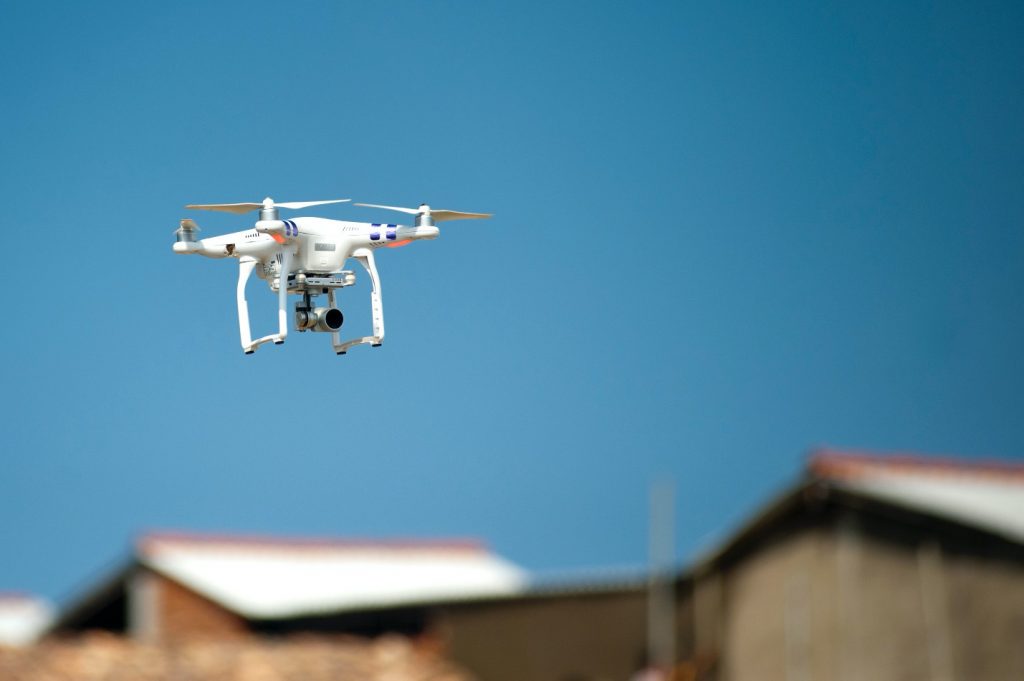
The realm of private investigation is marked by the delicate balance between information gathering and respecting legal boundaries.
What is the legislation and statutory framework for surveillance and data gathering by private investigators?
At the core of the regulatory landscape are specific laws that dictate the permissible scope of private investigator activities. Legislation such as the Surveillance Devices Act and the Private Security Act outline the legal parameters governing surveillance and data gathering. These statutes define the acceptable methods, limitations, and obligations for private investigators in Melbourne.
The Privacy and Data Protection Act (PDP Act) in Victoria is particularly relevant, emphasising the protection of individuals’ privacy rights. Private investigators must operate within the confines of these laws, obtaining consent and authorisation when necessary and respecting individuals’ right to privacy.
Are there codes of conduct for private investigators?
Private investigators are bound by industry-specific codes of conduct that outline ethical guidelines and professional standards. These codes serve as a compass for practitioners, emphasising integrity, confidentiality, and adherence to legal requirements.
An example of this is the code of ethics that the Australian Institute of Professional Investigators (AIPI) expects all members to follow, including:
- The Institute shall be non-political and non-sectarian.
- The integrity and reliability of members must be beyond reproach.
- A member shall not negligently, maliciously or willingly injure directly or indirectly the reputation, prospects or business of another member of the Institute / investigation profession.
- All inquiries and investigations undertaken by members must be conducted within the relevant laws of the states and Commonwealth of Australia and the AIPI Code of Ethics.
- Members shall not disclose information obtained by them in the course of their profession unless authorised by law and with the consent of their principal/employer/client.
- Members shall conduct themselves in a manner that does not damage the good standing of the Institute.
Another example is the code of practice provided by WorkSafe Victoria that all private investigators are required to follow if they plan on conducting surveillance and data gathering for WorkSafe or its authorised representatives.
What are the licensing requirements for private investigators looking to conduct surveillance and data gathering?
Private investigators must obtain and maintain a private security licence. Licensing requirements set by regulatory bodies ensure that individuals engaging in surveillance activities possess the necessary qualifications, undergo background checks, and adhere to strict professional standards. Compliance with these licensing requirements is integral to operate legally within the industry.
How are oversight and compliance ensured for private investigators?
Regulatory bodies, such as the Victorian Police Licensing and Regulation Division, oversee the compliance of private investigators with relevant regulations. Regular audits and monitoring mechanisms are in place to ensure that practitioners adhere to legal and ethical standards. Non-compliance can result in severe penalties, including fines and revocation of licences.
How do private investigators conduct surveillance and data gathering?
Private investigators employ a diverse set of methodologies to conduct surveillance and gather data. Through meticulous observation, investigators discreetly monitor subjects, employing skills such as stakeouts and physical surveillance. Advanced technology also plays a pivotal role, with the use of surveillance cameras, GPS tracking devices, and drones, enabling investigators to collect data remotely and maintain a discreet distance.
Additionally, open-source intelligence, social media monitoring, and database searches contribute to the data-gathering process. Private investigators leverage their expertise to analyse and interpret information, ensuring that the collected data aligns with legal and ethical standards.
The combination of these methods allows private investigators to navigate the complexities of surveillance while respecting legal limitations and ethical considerations, ultimately providing clients with accurate and relevant information.





















